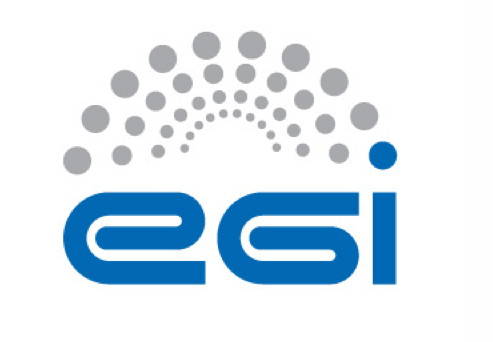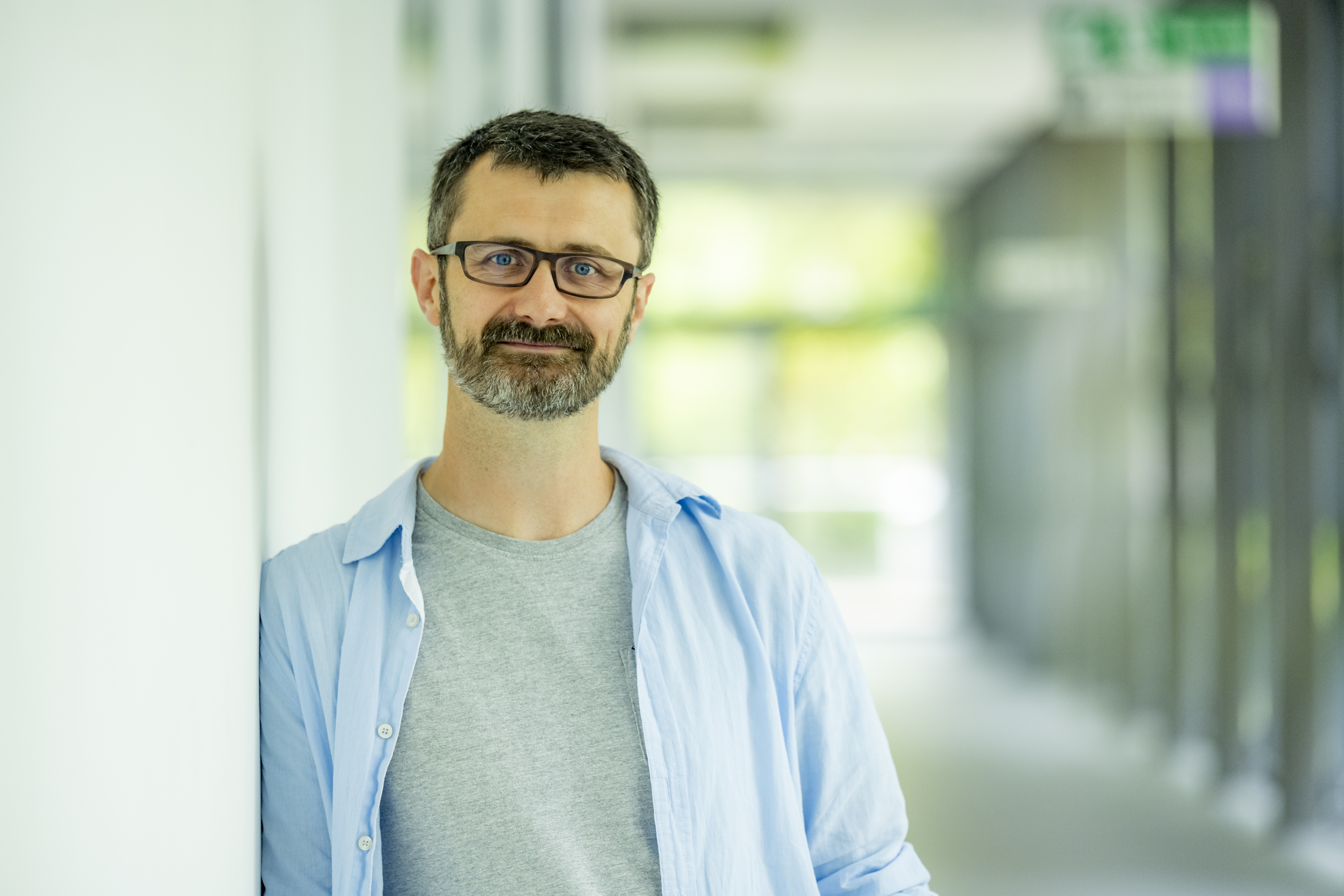Three tips on software sustainability from the EGI User Forum
Posted on 11 April 2011
Three tips on software sustainability from the EGI User Forum
 This week, I'm at the EGI (European Grid Infrastructure) User Forum in Vilnius (if you want to know more about the EGI, see my earlier post).
This week, I'm at the EGI (European Grid Infrastructure) User Forum in Vilnius (if you want to know more about the EGI, see my earlier post).
Before the first plenary was over, the term sustainability had featured at least a dozen times. This is heartening news for the Software Sustainability Institute! I was particularly interested in Alberto Di Meglio’s plenary talk about ‘open-source middleware and the road to sustainability’ (middleware is the software that ties together different computer resources). Alberto is the leader of the European Middleware Initiative (EMI) and in his talk he identified three ways to aid the sustainability of their software: expansion of the user base, reducing costs and involving commercial partners.
Expand your user base
The more users you have signed up, the more important your software will be to the research community, and the less likely that it will be allowed to fail. But growing a community is difficult. You’ve got to be doing the right thing, and talking to the right people. As for doing the right thing Alberto raised a good point: if your current users aren't happy, you’re unlikely to please new ones.
Alberto’s team ran a survey to find out what their current users thought of the EMI’s software. They did well on the 'perception of usefulness', since people thought that their software was important to research, but not as well as they wanted on 'ease of use and documentation'.
Ease of use and documentation! It's probably the most common complaint that I have heard about software. What can be done? Writing better documentation and creating more intuitive user interfaces are one side of the story. We also need to ensure that the training and effort for preparing these resources is given greater importance when funding projects (by both the funders and the fundees). It’s one of the problems that we are investigating at the Software Sustainability Institute, so we'd like to know your thoughts.
Reduce your costs
To reduce costs and effort, Alberto suggested using off-the-shelf software when possible. This is great advice, because it can save development projects a huge amount of time and money.
There are a few difficulties when re-using software. The first is one of knowledge: many people simply don’t know what software is available to them. That’s where services like the EGI’s Application Database come in handy.
When you find useful software, you need to spend some time reviewing its use and licence – another one of life’s necessary evils. There is help out there with the legal side of re-use, from organisations like Script and the OSS Watch. Developers can play their part too. They can make the review process easier by making sure that the licences are easily available, and being available themselves to answer questions. Basically, they need to do the opposite of everything in our anti-guide: How to frustrate your users, annoy other developers and please lawyers.
The development culture can act against software re-use. Developers like to develop, so there is a tendency to re-create rather than re-use. Maybe it’s time to focus developers on the interesting problems that they could be solving if they save time by re-using software where possible.
Involve commercial partners
As the final of his three aspects of sustainability, Alberto suggests working with commercial partners. Commercial partners bring in money, and money is useful. A no brainer then?
One of the main problems when working with commercial partners is finding the partners in the first place! However, the User Forum has already posed a solution: a new project called AccessICT. They provide access to Angel and Venture Capital investors to help commercialise research. The best news is that they’re funded by the European Commission so they provide their services for free to European-funded projects. Beside providing contacts and advice, AccessICT are also going to run workshops to help train researchers in the ways of commerce.
All that advice from just one plenary! The EGI User Forum is shaping up to be a very interesting event.

